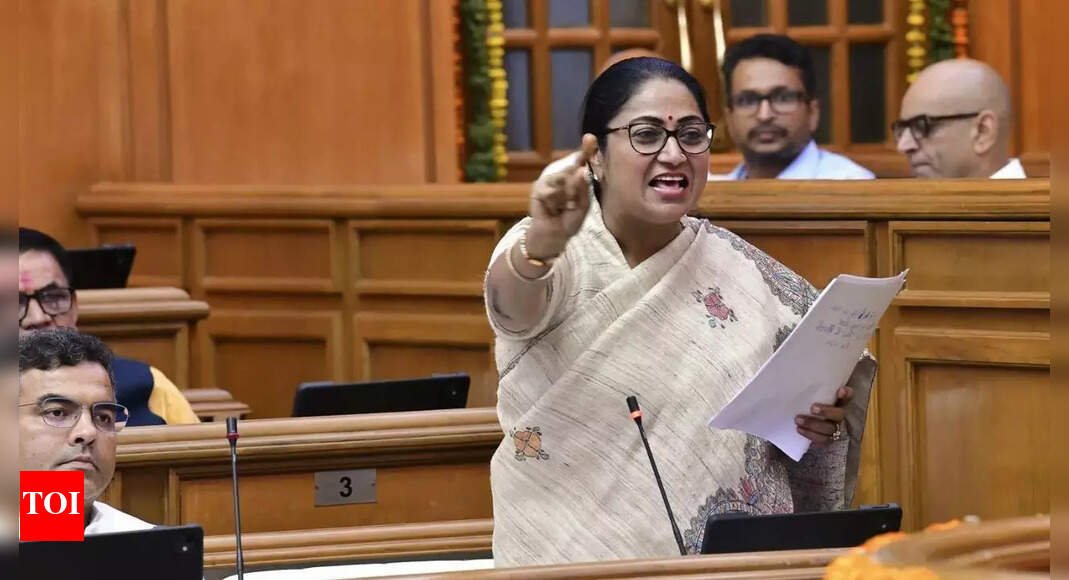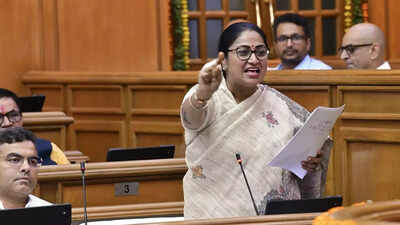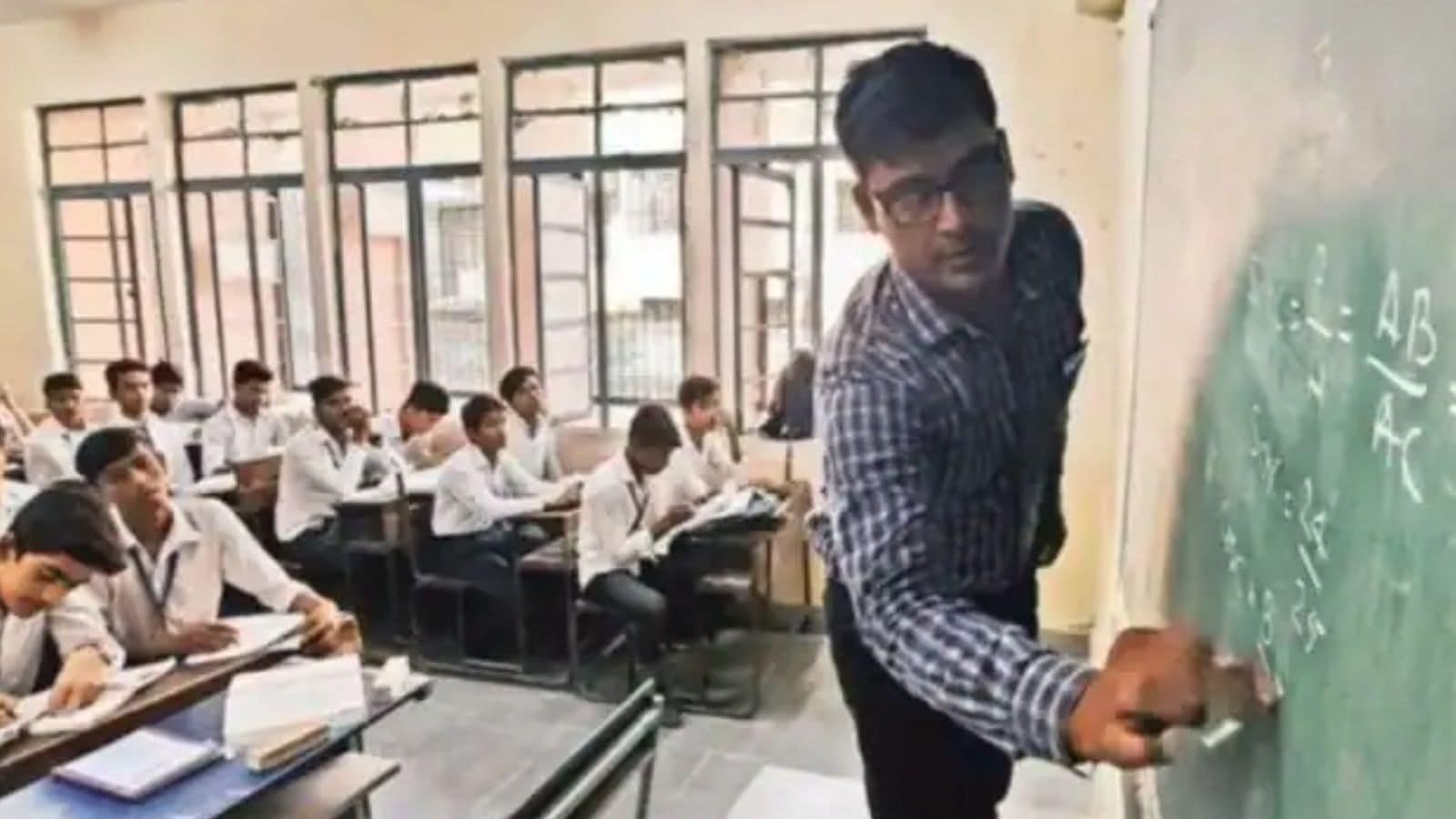NEW DELHI: The Delhi Assembly on Friday passed the Delhi School Education (Transparency in Fixation and Regulation of Fees) Bill, 2025, marking the BJP-led Delhi government’s first legislation to regulate fee hikes by recognised private unaided schools.The bill was passed after a four-hour debate during the Monsoon session of the Delhi Assembly.The Aam Aadmi Party (AAP) proposed eight amendments to the bill, but all were rejected during voting.Delhi Assembly Speaker Vijender Gupta confirmed that the bill will now be sent to Delhi Lieutenant Governor V K Saxena for approval.During the division of votes, 41 ruling BJP MLAs and 17 AAP legislators were present.Tabled by education minister Ashish Sood on Monday, the bill aims to regulate fee increases by private unaided schools in the national capital, providing greater oversight and protecting parents from arbitrary hikes.Delhi chief minister Rekha Gupta, speaking in the Assembly, said the bill will ensure that schools are viewed as “temples of education and not commercial establishments,” and provide justice to parents.“This bill will provide relief to households from the worries of school fees,” she added.In her address, Gupta also criticised the previous AAP government’s education policies, alleging that it destroyed parents’ hopes of private schooling and neglected government schools, citing that only 241 of 795 school buildings were permanent structures.She also said that the AAP government built only 20 new schools during its tenure.Further, Gupta referenced the political turmoil during AAP’s tenure, mentioning former Deputy Chief Minister Manish Sisodia’s jail term and related controversies.In the 2025–26 academic year, many private schools in Delhi raised their fees significantly, by 30–45% in some cases. Protest followed. On July 20, 2025, parents gathered at Jantar Mantar, demanding transparency in fee structures and immediate government intervention.The bill makes it mandatory for schools to obtain prior approval for any fee hikes from a government-appointed regulatory body. It further asks for transparent disclosure of all charges and components in the fee structure. It also includes penalties for violations, including monetary fines and de-recognition of non-compliant institutions. A formal grievance redressal system for parents to challenge arbitrary hikes or mistreatment has also been set up.




